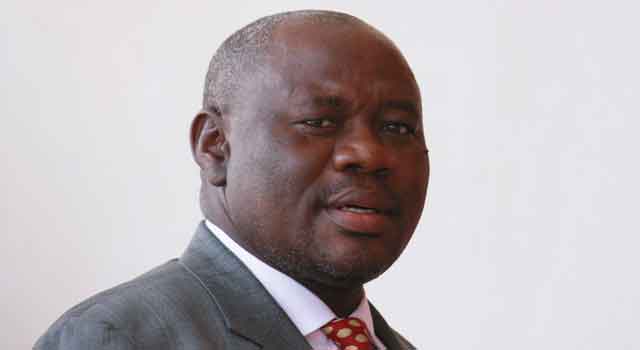Yesterday at the Lobatse High Court, Justice Jennifer Dube ordered that Namibians at Dukwi Refugee Camp should not be deported pending the court case in which they are trying to stop government from repatriating them to their home country.
Justice Dube accepted the urgency of matter lodged by the Namibians who want the court to overturn government’s decision to rescind their refugee status as of December 31st 2015, a date which has since lapsed.
Over 900 Caprivi Strip, Namibian refugees fled to Botswana in 1998 following the political instability which resulted after they sought to establish independence for the country’s Caprivi region.
The matter comes a couple of months after government illegally deported two Ugandan refugees despite a High Court order barring such deportation. The expatriation brought to 11 000 foreigners deported under President Ian Khama’s rule.
In this matter, an affidavit filed by Felix Kakula on behalf of other refugees however shows that the Namibians have always been aware of the deadline of the cessation of their refugee status but chose to launch a court fight to avert their deportation given the imminent danger they say they would face, should they be returned home:
“The applicants are members of the Caprivi African National Union (CANU), a political movement formed in 1962 with the singular objective of liberating Caprivi from white South African regime.
CANU has comatosed into United Democratic Party (UDP) aspiring for the freedom of all Caprivians.
In Namibia UDP has been a banned political party even to date. During the period referred to above, and in particular on or around the 2nd August 1999 there was a surprise attack by the Namibian Security forces on the applicants, all whom are members of UDP,” said Kakula in the affidavit.
The affidavit also says that the members of UDP have since been scattered all over the world to countries like Australia, America, Canada, Denmark, Finland and Sweden among others, fleeing repression and following the 1998 crackdown.
Kakula further says that there have been previous efforts to repatriate Namibian refugees home, with some being removed forcefully while others voluntarily returned. As soon as some refugees arrived in Namibia, he says, they were jailed indefinitely, without trial, and on trumped up charges.
“The matter is even more urgent as recently, on the 9th December 2015, the Namibian High Court delivered a judgment in the Caprivi Treason Trial where accused persons were convicted of various offences. Twenty of those were from Dukwi Camp. Of these 20, three had been charged with illegal crossing into Botswana. Given the circumstances of their fleeing Namibia, these charges will certainly apply in respect of all the applicants in this matter,” Kakula further said in the affidavit.
In the same affidavit, Kakula dismissed the reasons provided by the Minister of Defence and Security, Shaw Kgathi in a meeting held in Dukwi on the 17th April, 2015 by the Tripatite Committee, that the reasons that made them flee from Namibia no longer exist.
It was at that meeting where the Tripartite Committee comprising of UNHCR, both Botswana and Namibia governments, finally declared cessation for Namibia refugees in Botswana.
The refugees were given up to 31st December 2015 to take up voluntary repatriation, but only less than 20 took the offer and were transported to Namibia.
The Namibians have engaged Attorney Martin Dingake to represent them in the case, at least until the government and Minister Kgathi satisfy themselves that they will be received with dignity back home. The case will be heard again on 26 February 2016.

